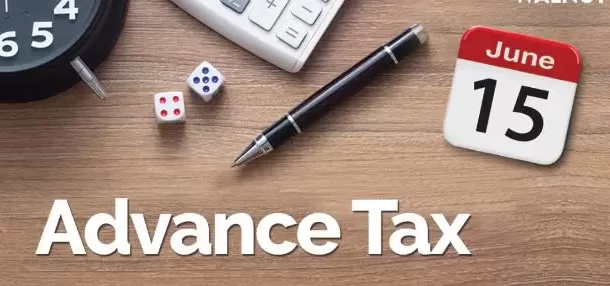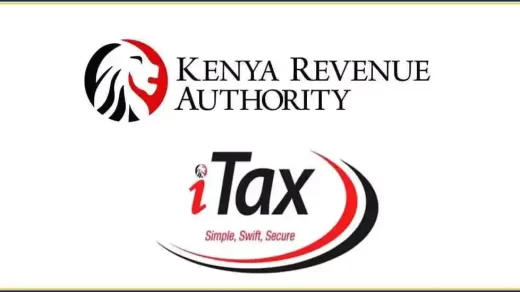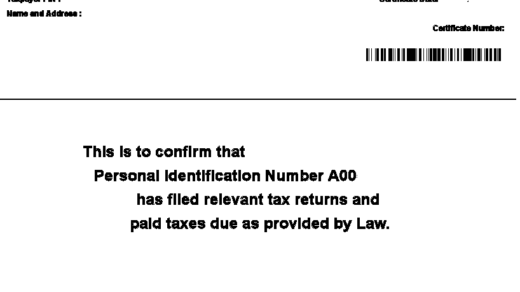Advance tax is a pre-emptive taxation approach designed for public service vehicles and commercial vehicles in Kenya.
This article aims to provide insights into the concept of advance tax, the applicable rates for different vehicle categories, and the obligations and timelines associated with this taxation mechanism.
Understanding Advance Tax
Advance tax is a payment made in advance before a public service vehicle or commercial vehicle is licensed. The objective is to facilitate the funding of public services and infrastructure related to road usage.
This form of taxation is specific to certain types of vehicles, including vans, pick-ups, trucks, prime movers, trailers, lorries, saloons, station-wagons, mini-buses, buses, and coaches.
Tax Rates for Advance Tax
The rates for advance tax are determined based on the type and capacity of the vehicle. The rates are as follows:
- For vans, pick-ups, trucks, prime movers, trailers, and lorries: Kshs. 1,500 per ton of load capacity, subject to a minimum of Kshs. 2,400 per year of income.
- For saloons, station-wagons, mini-buses, buses, and coaches: Kshs. 60 per passenger capacity per month, subject to a minimum of Kshs. 2,400 per year of income.
It’s essential for vehicle owners and operators to calculate their advance tax liability accurately based on these rates to ensure compliance.
Advance Tax as Non-Final Tax
Unlike some other taxes, advance tax is not considered a final tax. This means that individuals or businesses that have paid advance tax are required to declare this payment in their annual income tax returns. If, after the final assessment, additional tax is found to be due, the taxpayer must settle the outstanding amount.
Due Date for Advance Tax
Advance tax is due on the 20th of January or before the transfer of ownership of the vehicle, whichever comes first. Timely payment is crucial to avoid penalties and ensure compliance with taxation regulations.
Advance Tax and Vehicle Licensing
Advance tax payment is a prerequisite for obtaining a vehicle license for public service and commercial vehicles. Vehicle owners or operators should factor in this requirement when planning for licensing and renewals.
Conclusion
Advance tax serves as a proactive measure for funding public services and infrastructure related to road usage. Vehicle owners and operators must be aware of the specific rates applicable to their vehicles and the due date for payment.
Additionally, understanding that advance tax is not a final tax underscores the importance of accurate reporting in annual income tax returns. By navigating the intricacies of advance tax, individuals and businesses contribute to the development and maintenance of critical public services in Kenya.




